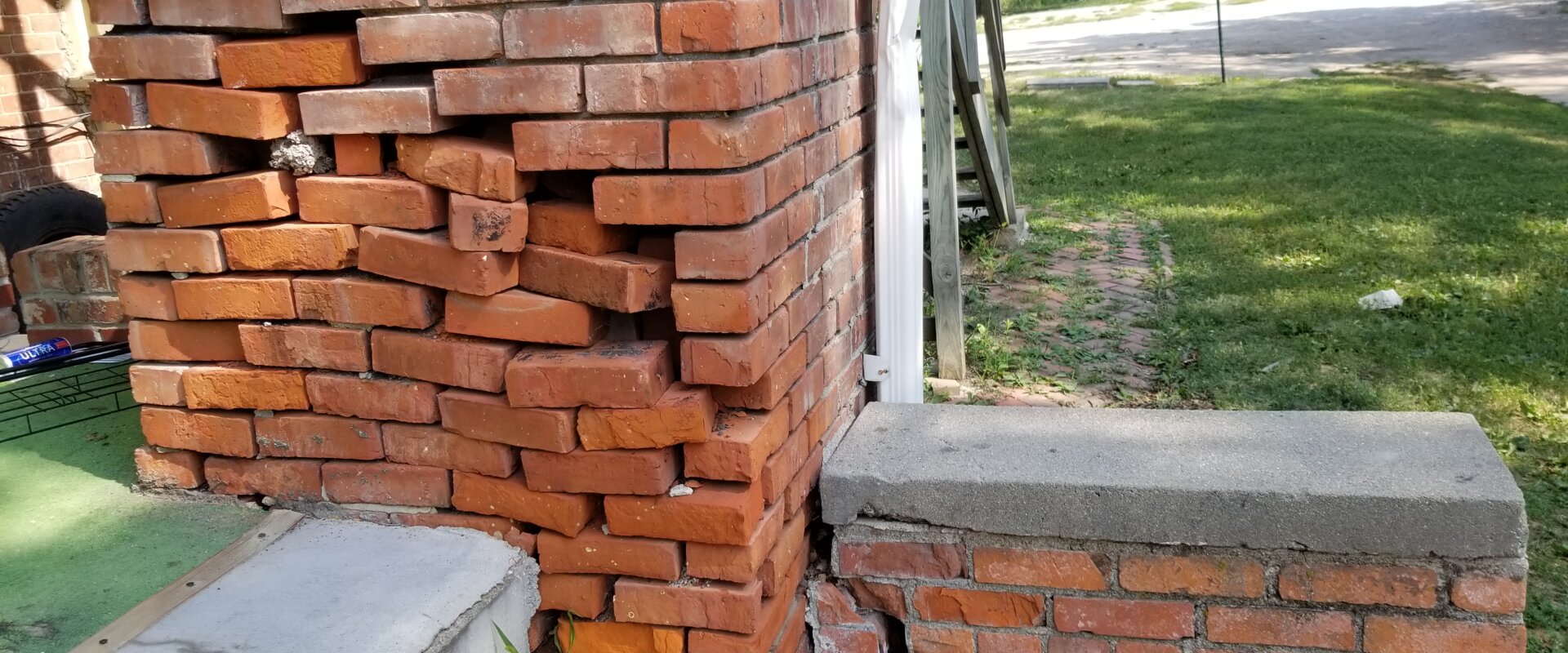
Are you ready to sell your home to move on to the next chapter of your life? Whether you are downsizing, relocating for a job, or transitioning into a senior living community, having a pending home sale fall through might be inconvenient, but it could be extremely stressful if you need to close the sale in a certain time frame. For example, you may need the proceeds from the sale of your home to close on your next property or to help pay for senior care.
One of the most common reasons why home sales fall through is that the buyer can’t get financing. This could be related to the buyer’s credit, or the appraisal comes in lower than the purchase price. Other reasons why home sales fall through include: a home sale contingency by the buyer, the home inspection reveals major problems, or there is disagreement between the buyer and seller about which home issues will be fixed. It could even come down to a change of heart by the buyer.
A deal isn’t a deal until everyone has signed on the dotted line and you have cash in hand; let’s look in more detail at some of the common reasons why pending home sales fall through and proactive steps you can take to help alleviate this from happening.
Financing falls through
When buying a home many people will likely need, or choose, to secure financing. According to the National Association of Realtors® 2022 Profile of Home Buyers and Sellers, 78% of recent buyers financed their home purchase. Even if the buyer has good credit, there are situations where financing can fall through.
There is a difference between getting pre-approved for a mortgage and being pre-qualified. Pre-approval means that a lender has looked at the buyer’s financial information and determined how much they’re willing to lend. Pre-qualification is less formal, and simply means that the lender has looked at a buyer’s basic financial information and given them an idea of how much they could borrow.
Even if a buyer has been pre-approved for a loan, the lender may still deny the loan when they do a more thorough analysis of the buyer’s financial situation. The average time to close on a home loan is 50 days according to the September 2021 ICE Mortgage Technology Origination Insight Report. A lot can happen in 50 days, a buyer could lose their job, acquire additional debt, or have other financial changes that could impact the lender’s decision to approve their loan.
Consider requiring a pre-approval letter and proof of funds (POF) document from the buyer’s financial institution to ensure they have the funds for the down payment, escrow and closing costs before accepting an offer. POF must include the balance of total funds in the buyer’s accounts, be notarized, and provide verification of the date the funds were in the account. This document can be in the form of a bank statement or letter from the financial institution. A POF document is simple for the buyer to obtain and can give you that extra piece of mind.
Low appraisal
The appraisal is one of the key factors in determining the value of a home. If the appraisal comes in lower than the purchase price, it can negatively impact the sale of your home. For a buyer to get a loan on a property, the bank will require an appraisal of the home’s value. If the appraisal comes in lower than the purchase price, the buyer may not be able to get financing for the full purchase price and may need to renegotiate the price with the seller.
As the seller, if you can plan to be around the home when the appraiser is there here are a few ways to help ensure the most accurate appraisal on your property:
- The appraiser may not be familiar with your neighborhood, so they may not properly assess the value of your home. Make sure to inform them of special characteristics of your neighborhood such as, being in a popular school district, access to public transportation, walkability to certain amenities, or if you live in a high-demand neighborhood where houses rarely go on the market.
- The appraiser may not consider all the features of your home. They may take into consideration the size and number of bedrooms and bathrooms but not calculate things like upgrades or special features that add value to your home. Make a list of significant upgrades or repairs you have made on your home to share with the appraiser. These could include upgraded flooring or appliances, a new roof, custom cabinets, and more.
- The appraiser may base their appraisal on recent sales in your area that were below market value. In a situation where you believe the appraisal is too low, find out what homes were used as comparables. There may be properties that aren’t truly comparable to yours in their assessment (e.g., for sale by owner, location, condition of home, etc.). One thing an experienced realtor we knew did for his clients was to run appropriate comps and then leave copies on the kitchen counter for the appraiser to see. It made the appraiser’s job a little easier!
Home inspection
When you are considering putting your home on the market, a home inspection will help you identify any potential problems with the property that could make it harder to sell.
There are a few things to keep in mind when getting a home inspection. First, make sure you hire a reputable and experienced inspector. Ask for referrals from friends who have recently purchased or sold a home, check reviews online such as Google and Yelp, or look for qualified inspectors through a professional organization such as the American Society of Home Inspectors. Once you have a few candidates in mind you can take it one step further and check your local Better Business Bureau to see if they pass muster. Second, be prepared for the inspector to find some problems with the property; it’s rare for a home to be perfect. Finally, don’t try to hide any problems from the inspector. Disclosing issues upfront is always better than trying to manage them later.
Issues with the property
After your home inspection, you will have a better idea of the issues with the property that you will need to address before placing your home on the market. You can also negotiate with potential buyers regarding what will be repaired or remedied. Here are few things to consider.
- Pest infestations. It’s important to alleviate any ongoing pest infestations before putting your home on the market. Imagine what a potential buyer might think about cockroaches scurrying across the floor or finding mouse droppings in cabinets. Call an exterminator and get the job done right!
- Structural damage. If there is any structural damage to your home, this will need to be repaired or, at the very least, fully disclosed before selling. Potential buyers may not wish to make repairs themselves after purchasing the home, so be prepared to build repairs into your budget and timeline.
- Cosmetic issues. Curb appeal can be a deal-breaker. Fix the obvious items both outside and inside (e.g., overgrown shrubs and weeds, leaky faucets, broken cabinet handles, stained carpets) and consider a fresh coat of paint to brighten up a room. A small investment of your time and money can go a long way to make your home more appealing to potential buyers.
Contingencies on the sale of another property
It’s not uncommon to be asked to sign a contingency agreement. This means that the sale is contingent on the buyer being able to sell their current home. If the buyer is unable to sell their home, they may back out of the deal, and you’ll be left without a sale.
There are a few things you can do to protect yourself if you find yourself in this situation. First, try to negotiate a shorter contingency period. This will give the buyer less time to back out of the deal if their home doesn’t sell. You can also add what is referred to as a kick-out clause in your contract. This means that the seller can continue to market their home while under a contract with contingencies and if another qualified buyer makes an offer the seller can give notice to the initial buyer who can then either remove the contingency or walk away. Learn more about how a kick-out clause works.
Short on time or money? A direct home buyer may bring the convenience you need
Now that you are aware of the common reasons home sales fall through, there’s another option for selling your home that you may want to consider, particularly if you don’t have the time or money to invest in your property and would like to close on a timeline that works best for you. When working with a direct home buyer, like Anna Buys Houses, you don’t need to worry about your home sale falling through.
Anna Buys Houses is a trusted resource for homeowners who need to sell their homes as-is or do not wish to sell retail. We’ll know quickly if we can help you. You don’t need to make any repairs or deep clean your property because we purchase homes as-is, in any condition. You’ll also skip the extensive underwriting and delays that a conventional consumer mortgage loan requires, because we are the buyer. We prefer to buy with cash and don’t have to rely on traditional bank financing, so you won’t have to worry about financing falling through. We can usually close when you want to close, relieving the uncertainty of knowing when the sale will be final.
Learn more about the advantages of selling your property to a direct home buyer. If this sounds like a good option for you, contact Anna to receive a free, no-obligation quote on your property.

